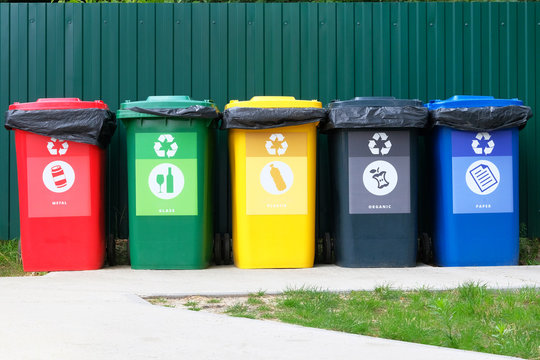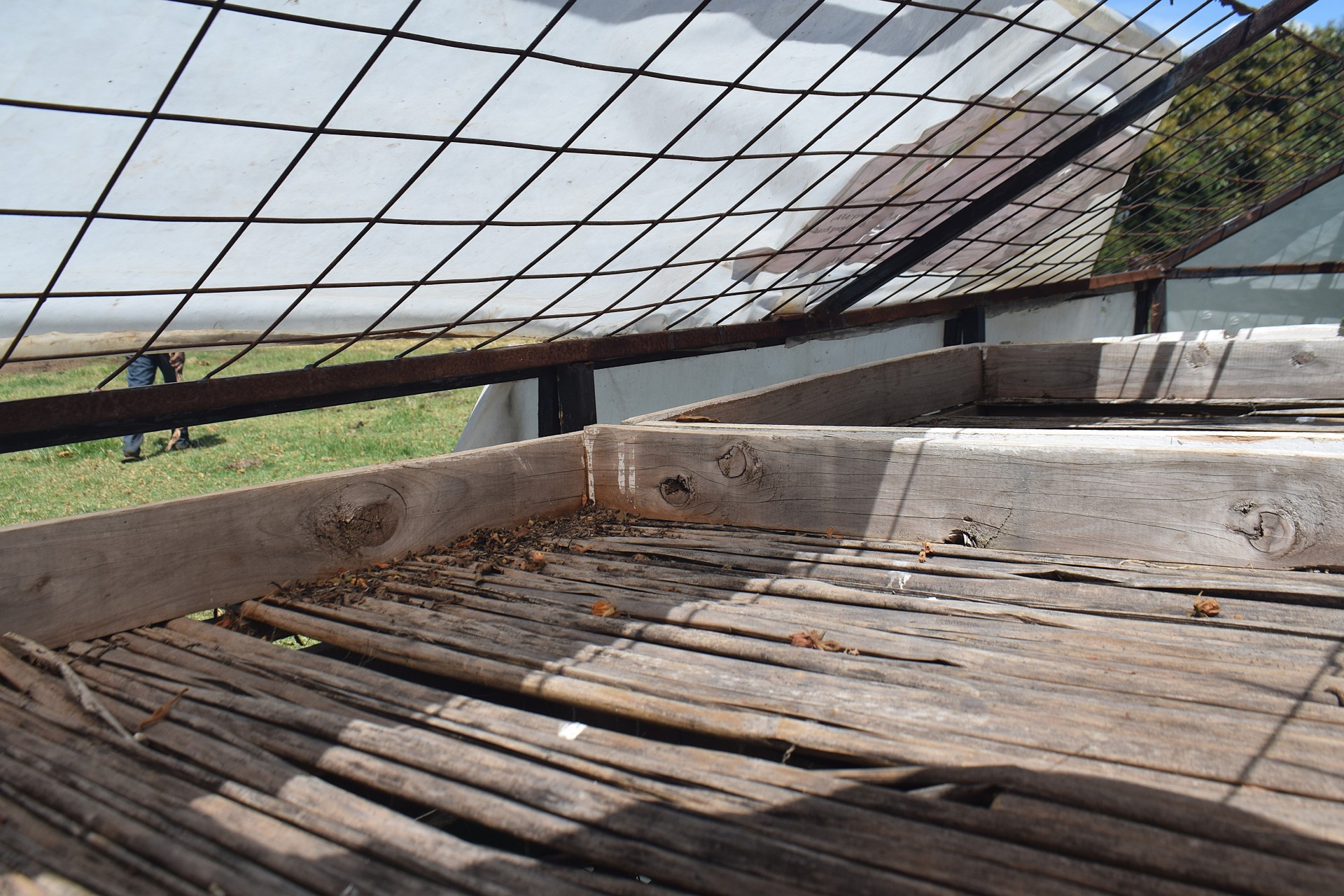- The National Environment Management Authority (NEMA) has proposed a national colour coding scheme for waste segregation. The Authority has sent out invitations for the public to give their views on the proposed colour coding system.
Help Shape Kenya’s Waste Management with NEMA’s New Scheme
23 Aug, 2024 02:51 PM

The National Environment Management Authority (NEMA) has proposed a national colour coding scheme for waste segregation. The Authority has sent out invitations for the public to give their views on the proposed colour coding system.
"The National Environment Management Authority (NEMA) is established under the Environment Management and Coordination Act (EMCA) No. 9 of 1999 to exercise general supervision and coordination over all matters relating to the Environment and to be the principal instrument of the Government of Kenya in the implementation of all policies relating to the environment," NEMA said in part.
"Section 12 of the Sustainable Waste Management Act requires the Cabinet Secretary in consultation with the Authority and County Governments to Gazette the National Color Coding System for waste management," NEMA added.
According to and fulfilment of the article mentioned above, the Authority has developed the following proposals to distinguish the type of waste and its colour code. The three types of waste include wet, dry, and hazardous waste, with green, blue and red as their proposed colour codes, respectively.
Through the National Color Coding Scheme, NEMA aims to ensure that all public and private sector entities segregate non-hazardous waste into organic and inorganic fractions. This will streamline waste management and contribute to a healthier environment.
The Authority urges all public members to participate by commenting on the proposed colour coding system through their email [email protected] and on all their social media platforms @ NemaKenya.
This exercise is not just about waste segregation; it's about a brighter, cleaner future. By keeping the environment clean and free from contamination, we will improve and maintain hygiene, reduce pollution, and prevent disease outbreaks.
Waste segregation shall enable the identification of valuable degradable waste that can act as manure or organic fertilizers. The exercise is one way to reduce landfill impact and improve air and water quality.
Leave a comment
No comments yet. Be the first to share your thoughts!
Connect with Us
Latest Stories

1 week ago
Electric Shift: What Kenyans Should Know Now

3 weeks ago
Why we Should Worry about Disappearing Birds


-1769677767.jpg)
